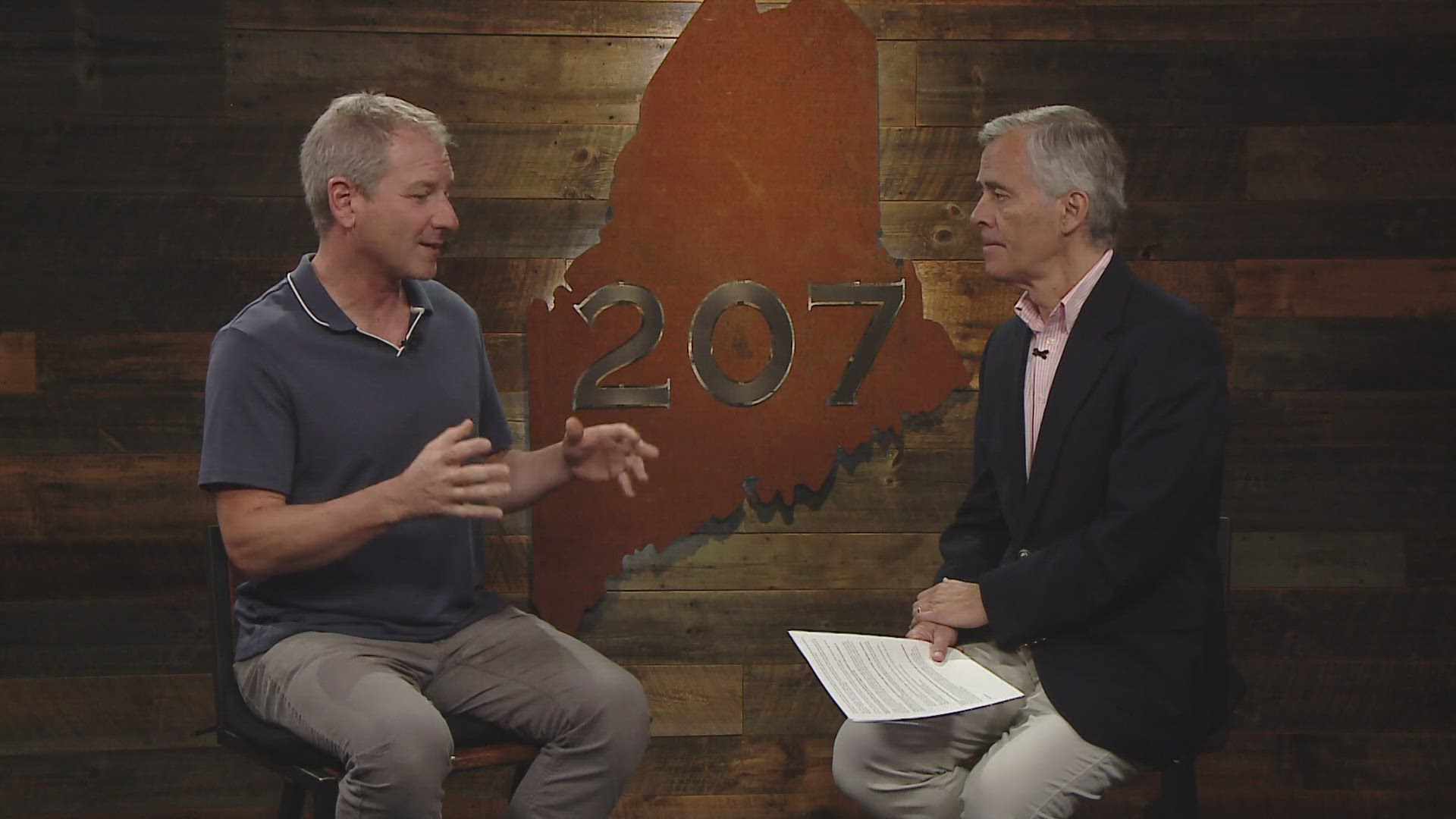PORTLAND, Maine — U.S. Surgeon General Dr. Vivek Murthy recently announced that he will push Congress for action requiring social media platforms come with warning labels informing parents of adolescent mental health risks.
207's tech guy, Rich Brooks of Flyte New Media, joined us to talk about Dr. Murthy's recommendation, what led to it, and what impact it might have. Here are the talking points Rich provided.
What is Dr. Murthy saying?
He suggests that there is a mental health crisis among young people, and social media is an important contributing factor.
To counter this, he wants to put a surgeon general's warning label on social media platforms, stating that social media is associated with mental health problems in adolescents.
He brings up tobacco studies that show warning labels can increase awareness and change behavior, although he recognizes that warning labels alone won't work.
What are some of the biggest problems that he and others point out that caused him to put out these recommendations?
- That kids and teens spend too much time on these platforms, often more than three hours a day, negatively impacting sleep, nutrition, and school work.
- That social media makes kids feel worse about themselves and their bodies.
- That cyberbullying is a real problem.
- That these platforms are collecting sensitive data from children.
What are some of the counter-arguments? Why would anyone be against this?
There's always the concern of government overstep for many people. There's also the fact that there's not a lot of long-term research into the impact social media has on a developing teen brain. An important thing to keep in mind is that correlation doesn't mean causation. Is social media causing depression in some kids, or are depressed kids spending more time on social media than most?
Also, there are upsides of social media. Social media allows kids to stay connected when they're not physically together. When I was a kid, I'd be on the phone for hours with friends afterschool and on the weekends... isn't social media the same thing?
Further, many marginalized kids find connections and community online, when they don't get that at home or at school. It can be a lifeline to many kids in the LGBTQ community.
But what do you think about the argument that this would be similar to the warning labels on tobacco, which helped cut down on tobacco use in the U.S.?
Tobacco is one analogy, but another is the previous campaigns against rock music, the comic book industry, and video games, all which used rallying cries of "think about the children!" I remember that parental guidance labels on records and CDs only made me want them more. I can't imagine too many kids seeing a warning label and thinking, the surgeon general is probably correct. I'm going to go for a bike ride instead.
What advice would you give to parents of children regarding social media, regardless of whether warning labels come to be?
I actually asked my dad, Dr. Robert Brooks, who studies resilience in children, as well as reading some articles from the American Psychological Association and the Mayo Clinic, and here were my takeaways:
- Limit screen time and social media usage. Consider a time where they have to surrender their phones, like overnight.
- Set a minimum age for your kids to get a smartphone and spend time on social media, and stick to it.
- Talk to them about cyberbullying, online predators, and misinformation.
- Keep the lines of communication open.
- Model the behavior you want to see in your kids.
Do you think that warning labels will help cut down on social media usage and the related problems in teens?
I feel that it could be effective if it's combined with other outreach campaigns—such as banning smartphones in schools—and if it gets parents involved, too. I also think that we need more scientific research to determine if this is the epidemic it's being made out to be, or if kids' mental health has more to do about growing up during COVID, the environment, the political situation in the U.S., and the pressure that we put kids under these days.

